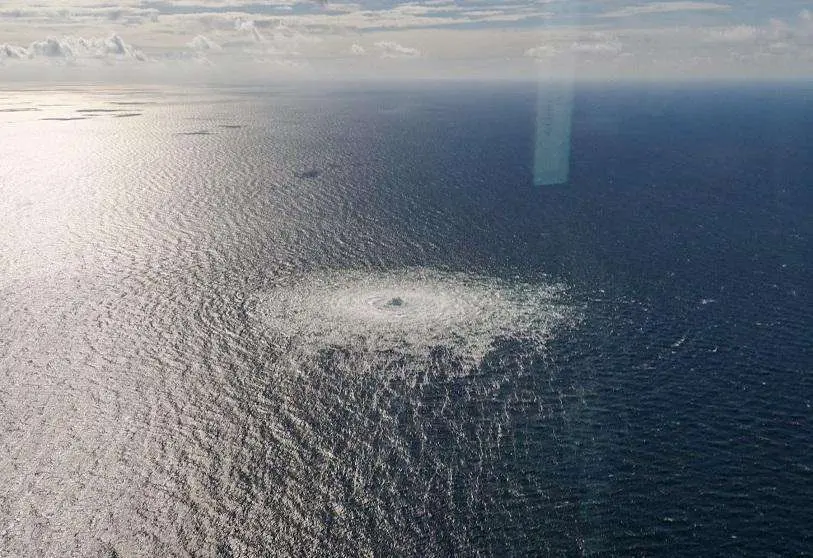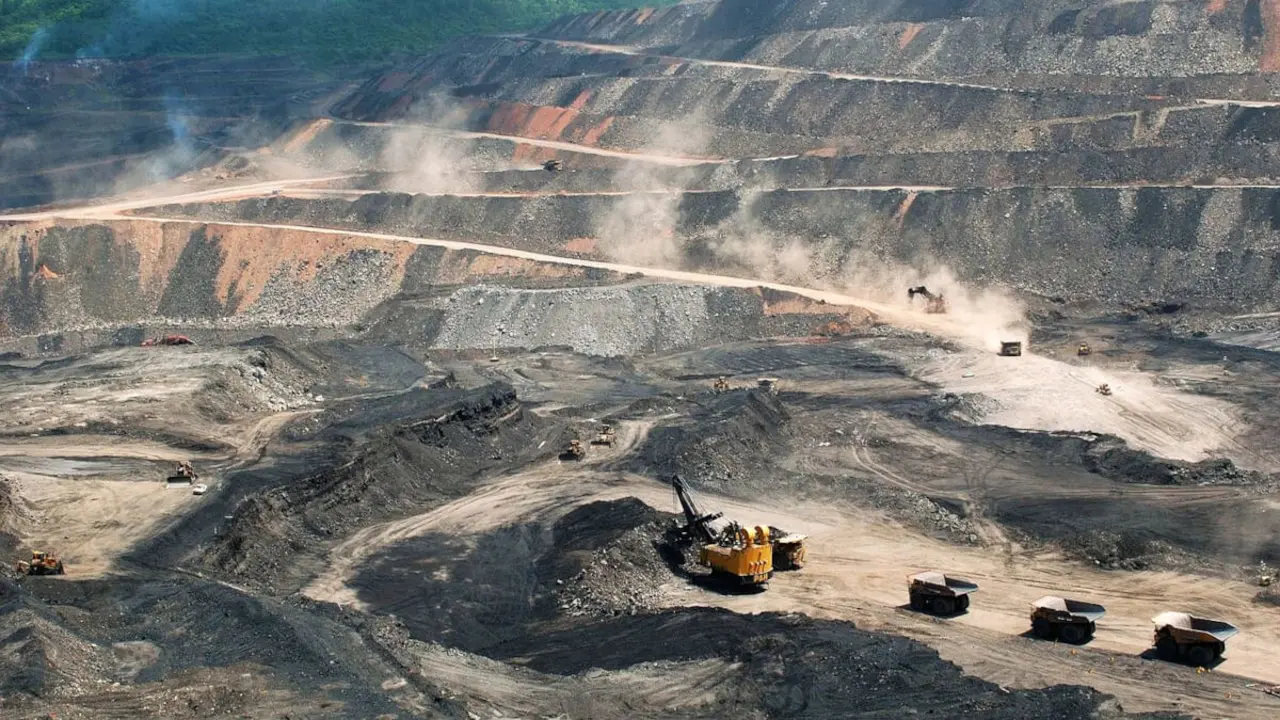Liquefied Natural Gas (LNG) shortages cause first global energy crisis

According to the International Energy Agency, the current problem is scarcity. Compared to the 1973 crisis, they emphasise that what we are experiencing now is a real energy crisis, where the problem in 1973 was price and cartels, not scarcity, as it is today. The problem today is the power cuts that can occur, especially in the countries of the old continent.
This is also consistent with what the IMF said a few days ago: according to the IMF, the energy crisis that will hit Europe with particular intensity will not be temporary, but its effects will be widespread and long-lasting, which in 2023 "could be worse". "With gas reserves approaching 90%, Europe will survive the coming winter provided there are no political or technical surprises," he added. But the real challenges will begin in February or March, when the reservoirs will need to be refilled after high winter demand has left them at 25-30%.
? NEW ? Global CO2 emissions from energy are set to grow this year by close to 300 megatonnes – only a fraction of the almost 2 gigatonne rise in 2021
— Fatih Birol (@fbirol) October 19, 2022
This defies expectations the global energy crisis would lead to a big jump in emissions
Read more ➡ https://t.co/ZG3wU7loOr pic.twitter.com/QZfFDQPRcY
Rising European LNG imports amid the Ukraine crisis and possible Chinese demand for refuelling will lead to a shortage of resources in the market, with only 20 billion cubic metres of new LNG capacity next year, IEA executive director Fatih Birol said during Singapore International Energy Week.
At the same time, the recent determination by countries belonging to the Organisation of the Petroleum Exporting Countries and its allies, OPEC+, to cut 2 million barrels per day (bpd) of production is a "risky" move, as the IEA forecasts precisely 2 million bpd of global oil demand growth this year, Birol said. "It is especially risky as several economies around the world are on the verge of a recession, if we are talking about a global recession.... I find this decision really unfortunate," he said.
Rising global prices for various hydrocarbons, such as oil, gas and coal, are affecting consumers, who are already facing rising inflation in the food and services sectors. High prices and the possibility of tariffs are a potential threat to European consumers as they prepare for what will be a harsh winter for northern hemisphere residents. According to Birol, Europe will be able to weather the winter, albeit with some fallout as long as the weather and climate are moderate.
"Unless we have an extremely cold and long winter, unless there are some surprises in terms of what we have seen, for example, the Nord Stream explosion, Europe should get through this winter with some economic and social bruises," he predicted.

As for oil, consumption is expected to rise by 1.7 million bpd in 2023, so the world still needs oil from Moscow to meet demand, Birol said. The G7 nations proposed a mechanism that would allow developing countries to buy Russian oil, but at a lower price, to limit Moscow's revenues after the Ukraine war. Birol said the plan still has many details to iron out and will require the participation of major oil-importing nations.
The current energy crisis could be a turning point in energy history to lighten clean energy sources and to form a sustainable and secure energy system, the director said. "Energy security is the number one driver of the energy transition," Birol said, as countries see energy technologies and renewables as a solution. The IEA raised its forecast for renewable energy capacity growth in 2022 to 20% from 8% previously. Birol said many countries in Europe and elsewhere are accelerating the adoption of renewables by reducing the permitting and licensing process for alternative Russian gas.
Thus, the world will still need Russian oil to meet demand. According to his figures, taking 10-20% of Russian crude off the market will still allow demand to be met, Birol said. Although there is still a huge volume of strategic oil reserves that can be tapped during a supply disruption, another release is not currently on the agenda, he added.








